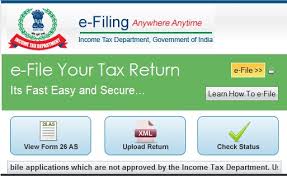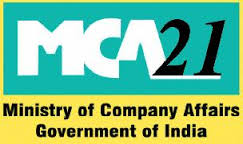
Buying cleaning liquids for ‘Swachh Bharat’ as part of corporate social responsibility or taking a business associate out for lunch, companies will be able to set off all taxes paid on their consumption of goods and services when they clear their own GST liability.
The upcoming indirect tax reform seeks to revamp the entire credit process, allowing credit for any tax paid towards the furtherance of business barring a few items.
“Uninterrupted and seamless chain of input tax credit is one of the key features of GST, which will prevent cascading of taxes” .
This will bring down the incidence of taxation on business, which can be shared with consumers through lower prices.
Goods and services tax (GST), India’s most ambitious indirect tax reform, is set to roll out from July 1.
Tax charged by central and state governments would also be part of the same tax regime with credit available for tax paid at every stage for set off against GST liability.
“Any registered person can avail credit of tax paid on the inward supply of goods or services or both which is used or intended to be used in the course or furtherance of business,” the provision reads.
Under the current tax regime, if a retailer purchases a refrigerator to store perishable goods, he is not able to claim credit for tax paid on it. But under GST, he will be able to claim credit for tax paid on new refrigerator when he files his own taxes.
Similarly, credit could be claimed on tax paid on taking business associates out for lunch, or on goods or service used for corporate social responsibility. There are some exceptions, such as contribution towards employee provident fund and car lease, which are not covered under input tax credit.
“Under GST, input credit is available on all business expense except few that are specifically denied, such as employee benefits and construction,” said Pratik Jain, leader, indirect tax, at PwC.
“This is much more liberal than the current laws and would significantly increase the credit pool for the businesses,” he said.
“One would hope that authorities will interpret the law also liberally as this would need in change in mindset both for the industry as well as the government,” Jain said.
There is a pass through available for tax paid on a good or service consumed to ensure that tax is not levied on tax.
Source: http://economictimes.indiatimes.com/articleshow/59327384.cms





